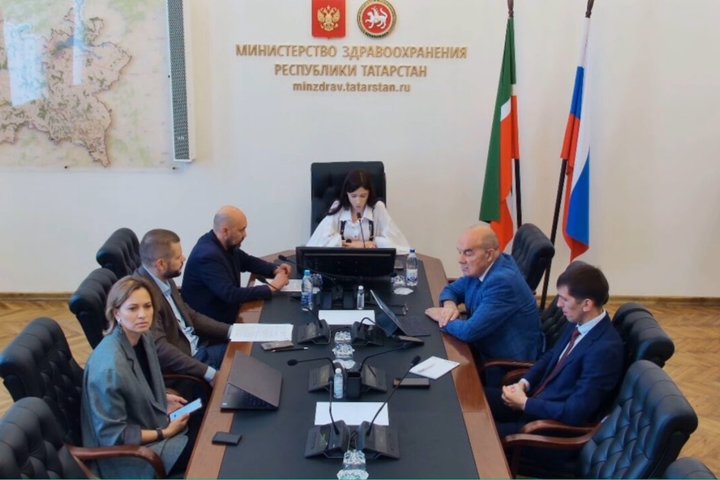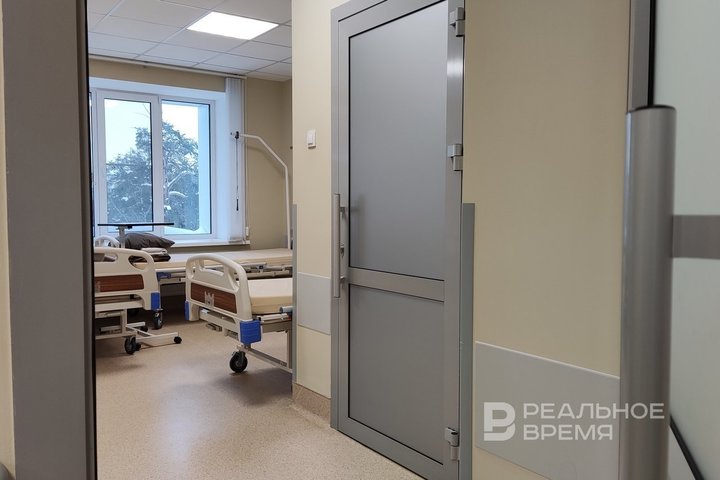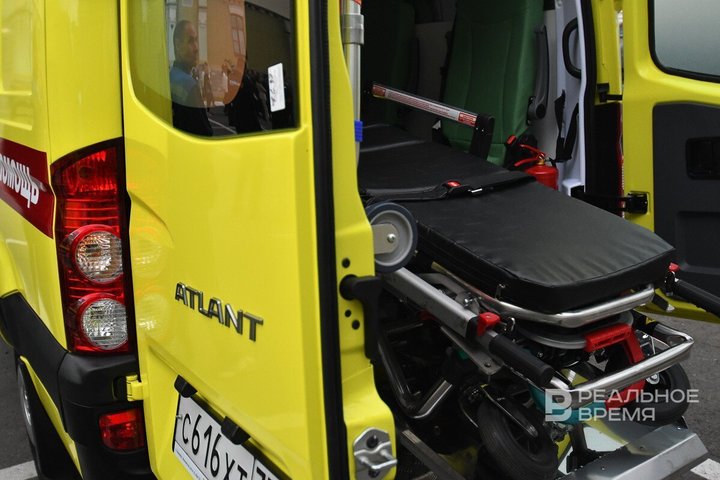‘There is no single standard for description’: what problems digital medicine faces in Tatarstan

Doctors with different specialisation should speak the same language
In Tatarstan, it is necessary to develop a single standard for describing X-ray results. This will help doctors with different specialisation speak the same language, and patients will quickly find out their diagnosis, says chief physician of Barsmed diagnostic centre network Aynur Akhatov.
“What problems do I face as a an X-ray doctor? Unfortunately, there is no single standard for description in Tatarstan. We take a patient, a description is made, for example, a chest protocol. Then the patient goes to a clinician. The clinician says: ‘Why didn’t they describe the lymph nodes? This is important for me.’ Then the patient goes back to have this description updated,” he complained at Digital Technologies in Health Care and Medicine webinar.
Akhatov proposed holding a conference in the republic and developing uniform protocol standards agreed upon with clinicians. According to him, such documents already exist in Moscow.
According to the speaker, the republic also lacks senior X-ray technicians who would monitor compliance with standards when taking images.
“It is very important how the study is conducted, how the patient is positioned. He will not even hold his breath during a CT scan of the lungs, the doctor will not describe [the image], and the person will receive radiation exposure,” he said.
All images are on State Services
It is important for patients to have images and descriptions stored in one place, the speaker noted. So far, this idea has not been implemented in Tatarstan. Patients go to doctors “with disks, with bags, with films.”
“There is no single format where all this would be stored. I also constantly receive requests: ‘Please, copy the disk, send the examination, and so on,” Akhatov shared.
In his opinion, the documents could be collected on the public services portal. Users could also receive a mailing there with a call to undergo a medical examination.

“As a patient, I would be interested in being reminded on State Services: “Mr Akhatov, you are 50 years old, go and do an ultrasound, take a PSA (Editor’s note: prostate specific antigen) examination, do an MRI.” So that artificial intelligence could also drive me within the framework of a medical examination, within the framework of the standard. There is a clear standard for when to do a X-ray of the lungs, when women should have a mammogram against breast cancer, when to undergo laboratory diagnostic tests, a colonoscopy, and a fibrogastroduodenoscopy. It would be cool to do it through State Services,” he concluded.
“112,000 settlements in Russia do not know what medical service is”
Chairman of the Board of the company FtizisBioMed Viktor Klassen reminded the audience: millions of Russians do not have the opportunity to go to the hospital in their hometown or village.
“112,000 settlements in Russia, the largest country in the world, do not know what medical service is at all, have never seen a nurse. They need to go somewhere to get some basic medical operations. Maybe no one lives there? On Vladimir Putin’s website kremlin.ru it is written — they do. 33 million Russians. We must understand that the service must come to these Russians,” he emphasised.
The solution is mobile medical equipment with artificial intelligence. The demand for them is huge, the speaker concluded.

Another task that artificial intelligence will help solve is relieving the workload of doctors, Klassen believes. As an example, he cited the diagnosis of tuberculosis in Muscovites. This disease is very rare in the capital, but doctors still had to “write a summary, look at this examination result for a long time and tediously, 99.9% of which is normal in Moscow.”
“Doctors should not deal with the norm at all. Let them deal with problematic things where there is pathology,” the speaker believes.
According to Klassen, an artificial intelligence could write a conclusion for a healthy person without the participation of a doctor. In the capital, such a practice already exists, and it is the future, he is sure.